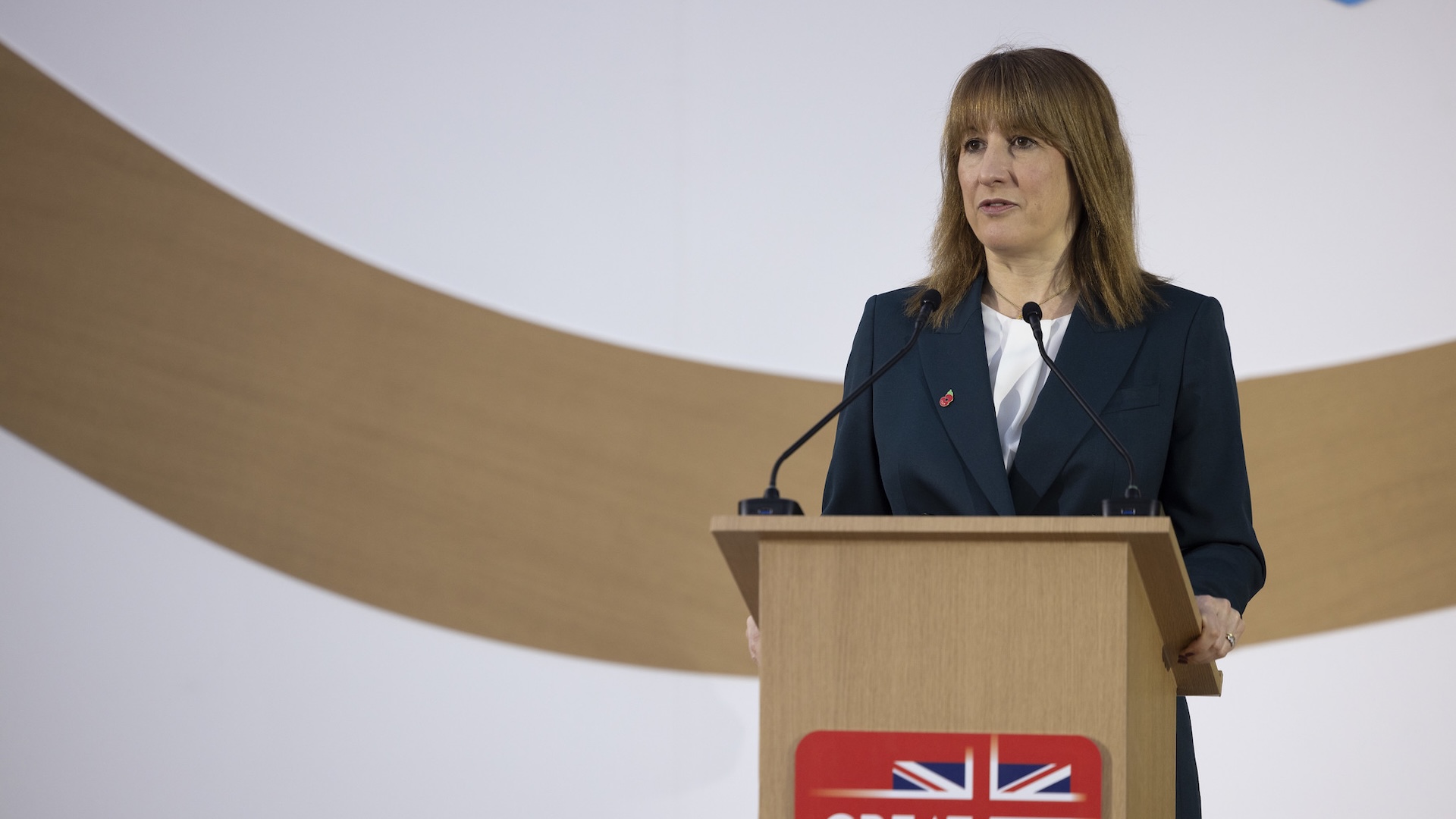Doing so has three key benefits for our society: preventing more people from the avoidable tragedy of homelessness; opening up more opportunities for people already experiencing it to find a home; and improving the overall health and wellbeing of the nation.
Firstly, unfreezing housing benefit so that it matches the true cost of rent is the most effective way of preventing homelessness right now.
Housing secretary Steve Reed has stated that he wants to end the ‘moral stain’ of homelessness, saying that it would be ‘personal failure’ if the number of people in temporary accommodation in England is higher at the end of this parliament than it is now.
Restoring housing benefit to cover the cheapest 30% of rents would be the quickest way of getting direct support to people on low incomes so they do not lose their homes because they cannot afford to pay their private rent.
Housing benefit is supposed to help people afford the cheapest 30% of private rented homes in their local area. However, a series of rate freezes over the past decade – as rents have risen – means that housing benefit no longer serves this purpose.
Over the last ten years, rents in the private sector have risen by 45% in England. And in the 12 months leading up to September this year, average rents in England have increased to £1,354 a month. Despite this, the UK government has decided to keep housing benefit frozen, representing a real-terms cut in the support people get and placing more people at serious risk of homelessness.
Advertising helps fund Big Issue’s mission to end poverty
We see in our services every day how the shortfall between housing benefit and rent is causing people to cut back on essentials like food and heating, to avoid losing the roof over their heads.
In fact, a recent analysis by Crisis and Zoopla found that the average shortfall between housing benefit and the rent for a three-bed home in England is around £430 – the same as a typical family’s monthly spend food and energy bills. But cutting back is not sustainable. It becomes too much to constantly eat less or stay cold in winter, and too often people fall behind on their rent and become homeless.
Some of the people we support are even having to use their personal independence payments (PIP) to help cover their rent, instead of using it to cover the costs of their disability as intended – just so they can afford the basic human right of housing.
If housing benefit covered the cheapest 30% of private rents, it would put a stop to this and prevent more families and individuals being forced to leave their homes.
As well as preventing people becoming homeless, restoring housing benefit to match the true cost of rent would help to end homelessness for people already experiencing it.
A chronic shortage of social homes across the country means that the private rented sector is often the only option for people who are facing homelessness to find somewhere to live. However, the current freeze is blocking access to private properties for many people in desperate need of a home.
Advertising helps fund Big Issue’s mission to end poverty
A recent survey of landlords by the TDS Charitable Foundation found that one in four feel unable to rent properties to people in receipt of housing benefit. Housing benefit should be a tool to help people who are homeless find somewhere to live, but if landlords feel unable to let to tenants who receive benefits, more will be locked out of renting and remain in expensive temporary accommodation.
Building more social homes is the only way we can address this for the long-term, but it will take time. Unfreezing housing benefit could quickly move people into safe and stable homes. With councils now spending £2.7 billion a year on temporary accommodation in England, which is too often poor-quality and prevents people from being able to work, the financial savings should be obvious.
Finally, restoring housing benefit would improve the overall health and wellbeing of the count. Westminster made a commitment to tackling child poverty in its election manifesto. Aligning with this, the Resolution Foundation states that increasing housing benefit to cover the cheapest 30% of rents would lift 75,000 children and 125,000 adults across the UK out of poverty.
It would not only help to reduce poverty and prevent homelessness but improve public health as well. There is strong evidence that temporary accommodation harms health, increasing the chance of respiratory and cardiovascular diseases, as well as stress and other mental health problems. The gap between welfare and private rents is leaving people trapped in this reality.
Rachel Reeves said that she wants to “build a better future for tomorrow”. She can start by unfreezing housing benefit at the autumn budget – laying the foundations for a healthier, stronger and more productive society.
Matt Downie is chief executive of Crisis.
Advertising helps fund Big Issue’s mission to end poverty
Do you have a story to tell or opinions to share about this? Get in touch and tell us more.
Change a vendor’s life this Christmas.
Buy from your local Big Issue vendor every week – or support online with a vendor support kit or a subscription – and help people work their way out of poverty with dignity.









